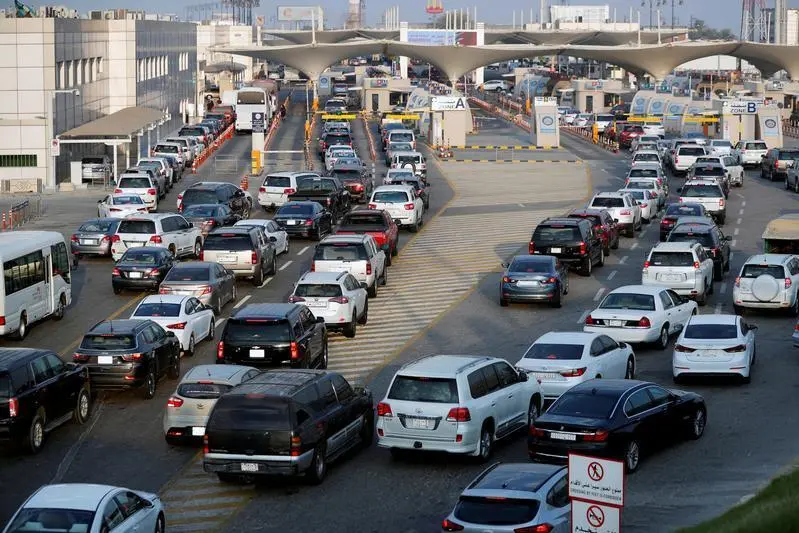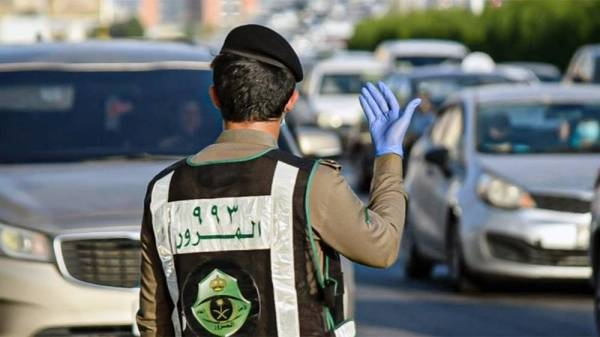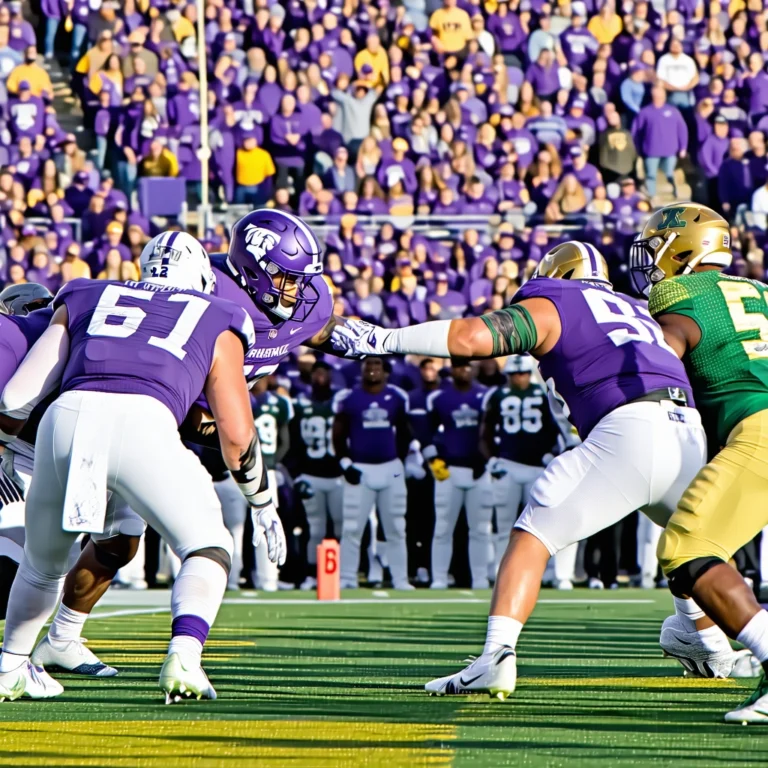Saudi driving law vehicles
Saudi driving law vehicles bearing license plates from countries outside Saudi Arabia can only be driven by citizens of those respective countries.
While enforcing the traffic regulations concerning vehicles bearing non-Saudi license plates.
The General Department of Traffic (Moroor) emphasized the critical importance of adhering to these rules.
As a cautionary measure, they reiterated that individuals failing to comply with these regulations would face penalties.
Including fines and potential vehicle seizures.
This directive serves as a reminder for the populace to strictly abide by traffic regulations to avoid legal repercussions.
Furthermore, the General Department of Traffic has directed all traffic patrol teams to maintain vigilant oversight specifically on vehicles displaying license plates not attributed to Saudi Arabia.
This increased scrutiny aims to identify and address potential violations committed by vehicles with non-Saudi plates.
In recent times, a noticeable rise in the presence of such vehicles has been observed.

Prompting a need for enhanced monitoring and enforcement.
This action seems to be a method to evade surveillance. Consequently.
This directive has been implemented to curtail such illicit practices and deter individuals from circumventing the law by resorting to this tactic.
The overarching goal is to maintain road safety and ensure strict compliance with traffic laws without any exemptions or violations.
Ensuring that all individuals, irrespective of their vehicle’s origin, abide by Saudi Arabia’s traffic regulations.
Through the implementation of heightened vigilance and enforcement, authorities aim to uphold road safety and accountability.
This directive comes at a crucial juncture, as it addresses an emerging concern in the region’s traffic landscape.
Breaches of traffic Saudi driving law
The Saudi Moroor demonstrates a proactive approach to curbing potential breaches of traffic laws.
Additionally, it aims to eliminate any attempts to circumvent surveillance mechanisms.
Thus promoting a culture of compliance and accountability among all drivers.
Ultimately, the overarching goal of these measures is to ensure the safety of all road users and maintain the integrity of Saudi Arabia’s traffic regulations.
The strict enforcement and monitoring of vehicles with non-Saudi plates.
Reflect the authorities’ commitment to fostering a responsible and law-abiding driving culture within the Kingdom.
Impact and Future Measures on Saudi driving law
This directive addresses a critical aspect of the traffic landscape.

Aiming to curb violations and promote accountability among drivers.
By closely monitoring vehicles displaying non-Saudi plates and penalizing violators.
The Saudi Moroor demonstrates proactive measures to deter potential breaches of traffic laws.
The emphasis on accountability and compliance reflects the authorities’ dedication to fostering responsible driving practices and reinforcing the integrity of traffic regulations within the Kingdom.
Upholding Road Safety and Accountability Saudi driving law
The mandate from the General Department of Traffic signifies their commitment to upholding road safety and preventing deliberate breaches of traffic laws.
It serves as a comprehensive approach to mitigate violations, ensuring that all individuals adhere strictly to Saudi Arabia’s traffic regulations.
Through vigilant enforcement, authorities aim to maintain road safety standards.
Fostering a secure and law-abiding driving environment for all motorists within the Kingdom.
Addressing Evasion Tactics and Illicit Practices
An alarming trend involves certain individuals, potentially citizens, violating road rules by using vehicles with foreign license plates to evade surveillance.
Including the Saher automatic traffic tracking system.
This method, employed to avoid scrutiny, has become a concern.
The department’s directive specifically targets this illicit practice, intending to curtail such attempts to circumvent traffic laws.
The goal is to ensure that all motorists, regardless of their vehicle’s origin.
Comply with Saudi Arabia’s traffic regulations without resorting to evasion tactics.
More Topics you might like:
Enhanced Surveillance and Vigilance Saudi driving law
In response to a noticeable increase in the presence of vehicles bearing non-Saudi license plates.
The General Department of Traffic has directed all traffic patrol teams to maintain heightened vigilance.
This increased surveillance aims to identify and rectify potential violations committed by vehicles displaying foreign plates.
The surge in such vehicles has prompted the need for stricter monitoring and enforcement across the country’s roadways.
Enforcement of Traffic Rules on Non-Saudi License Plates
The General Department of Traffic (Moroor) in Saudi Arabia recently reinforced the significance of adhering to traffic regulations.
Particularly concerning vehicles displaying license plates from countries outside Saudi Arabia. Emphasizing strict compliance.
The department cautioned individuals about the potential penalties, including fines and vehicle seizures, for non-compliance with these regulations. This serves as a strong reminder for motorists to abide by traffic laws to avoid legal repercussions.
Conclusion
In the quest to find the best facial in Dubai for acne, the diverse array of options catering to varying skin needs and preferences is impressive. From renowned clinics like Nova Clinic by Aesthetics offering the Intraceuticals Oxygen Facial to Aesthetics International’s Fire and Ice Facial, each treatment brings its unique blend of innovation and effectiveness in addressing acne-related concerns.
FAQs
Why are there regulations specifically concerning non-Saudi vehicles being driven by their citizens?
The regulations regarding non-Saudi vehicles being driven by their citizens aim to ensure compliance with traffic laws and maintain road safety. They seek to prevent potential violations and address concerns arising from the misuse or circumvention of regulations by individuals driving vehicles with foreign plates.
Violations of regulations stipulating that non-Saudi vehicles must be driven by their citizens may lead to penalties, including fines and vehicle seizures. The severity of the consequences may vary based on the nature and frequency of the violation, as per the General Department of Traffic guidelines.
Generally, the regulations prioritize that non-Saudi vehicles should be driven by citizens of the respective countries to which the plates belong. Exceptions may exist in specific cases, such as temporary permits or authorized circumstances granted by the relevant authorities. However, these exceptions typically require proper documentation and approval.
The General Department of Traffic employs various measures, including increased surveillance by traffic patrol teams, to enforce these regulations. Monitoring vehicles with non-Saudi plates and penalizing violators constitutes a significant aspect of the enforcement strategy to ensure compliance with traffic laws.
Yes, the overarching goal of these regulations is to maintain road safety and promote responsible driving practices. By enforcing compliance with traffic laws, authorities aim to enhance road safety standards and accountability among motorists, irrespective of the vehicle’s origin.





























